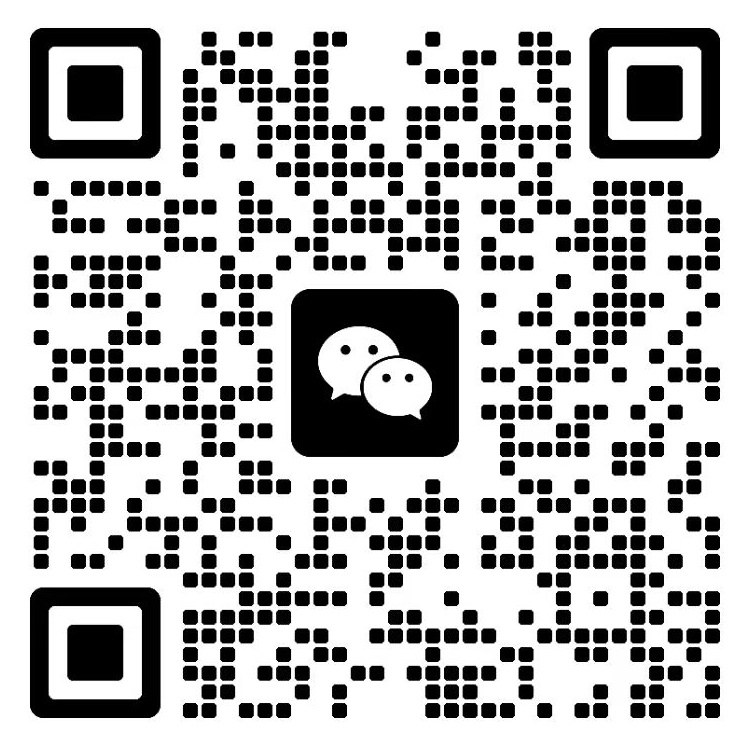When international students return to China to find employment, the first step is to identify their strengths. Studying abroad brings not only academic qualifications but also language skills, cross-cultural communication experience, and an international perspective—all advantages in the domestic job market. However, transforming these advantages into job-seeking competitiveness requires advance planning.
Before returning to China, it’s recommended to create a detailed career plan. Clearly define the industry and position you want to pursue, as well as your development goals for the next 3-5 years. For example, design students can focus on emerging creative industries in China, while business students can focus on multinational corporations or the financial sector. The career plan doesn’t need to be overly detailed, but it should at least provide a general direction to avoid blindly submitting resumes after returning home.
Your resume is the first hurdle in the job search and needs careful optimization. Highlight your international experience, such as participation in international projects, awards received, and foreign language skills acquired. At the same time, tailor your resume content to the target position. For example, when applying to internet companies, emphasize data analysis and user operations experience; when applying to traditional industries, highlight teamwork and project management abilities. Your resume should be concise and clear, avoiding unnecessary length. Highlight key information with bolding or bullet points for quick review by HR.
Prepare in advance for the interview. Prepare answers to common questions such as “Why did you choose to return to work in China?” and “What was your biggest takeaway from studying abroad?” to avoid improvisation. Understand the interview styles of domestic companies; for example, state-owned enterprises may value stability, while foreign companies may prioritize English proficiency and cross-cultural experience. During the interview, remain confident, express yourself clearly, and appropriately showcase the unique perspectives gained from your overseas study experience.
Networking and networking are crucial for job hunting. Besides traditional recruitment websites, pay attention to industry-related forums and communities, or seek referrals through alumni associations and overseas study communities. Referrals often increase resume success rates and can even directly lead to interviews. Attending industry-related offline events such as exhibitions, lectures, and networking events can also expand your network and provide insights into industry trends.
Adapting to the domestic workplace culture is also key. Domestic companies place greater emphasis on teamwork, execution, and quick adaptation. International students may need to adjust their communication styles, such as expressing themselves more directly and executing tasks more efficiently. At the same time, they need to understand the promotion mechanisms and salary structures of domestic companies to avoid misunderstandings due to cultural differences.
Finally, maintaining a positive attitude is crucial. International students returning home may face challenges in finding jobs, such as information asymmetry and intense competition, but with advance planning, leveraging their strengths, and a proactive approach, they can always find suitable employment. Remember, the overseas study experience is a valuable asset; the key is how to transform it into a competitive edge in the job market.







